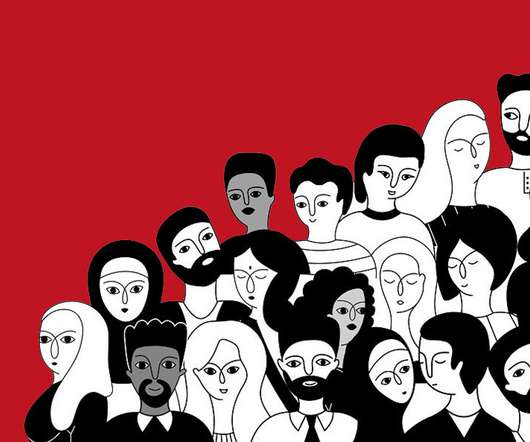Challenging Thought-Terminating Clichés: Strategies for Organizational Change
Mike Cardus
OCTOBER 22, 2023
Although these clichés might serve short-term management objectives, they often hinder long-term innovation, suppress employee morale, and foster a culture of compliance over mutual growth. Organizations can use such phrases to curb dissent, cultivate an “us versus them” approach, and deflect responsibility. Emotion Review , 13(2), 100–110.














Let's personalize your content